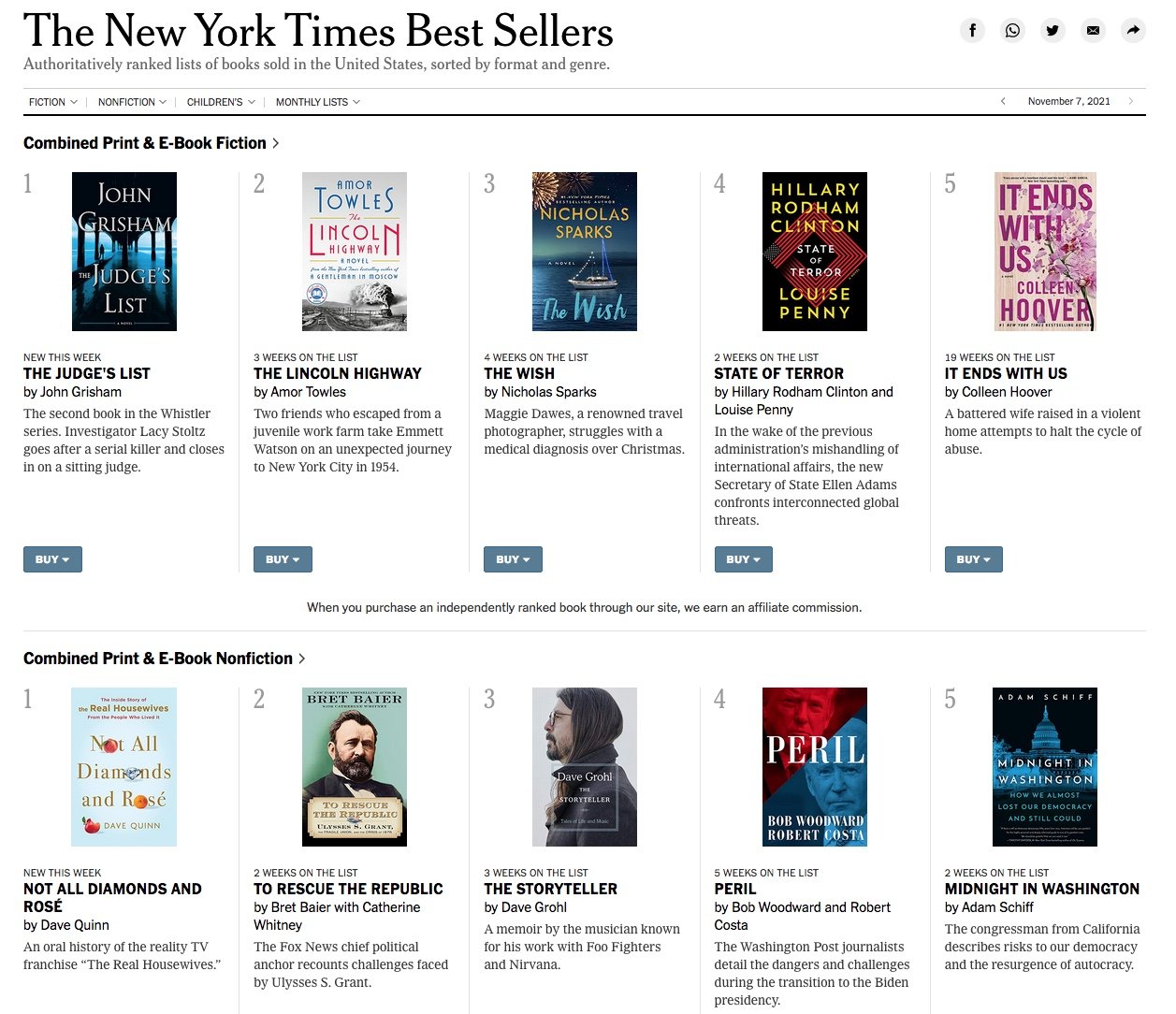Get Reading
Get Reading: This Is How Books Can Impact Your Mental Health
Excerpt from Pocket Worthy, Stories to fuel your mind. Read Full Story Here
We’ve long known that we can find comfort, solace and help in the pages of a book, and now research has confirmed that reading can be good for our mental health.
It’s that moment when you sink into the sofa after a stressful day at work, relieved to lose yourself in a Kate Atkinson bestseller for 20 minutes. It’s easing yourself under your duvet at bedtime, prising open Sarah Waters’ Fingersmith, desperate to discover Sue Trinder’s fate. It’s those two minutes snatched with Jane Eyre while you’re waiting for the kettle to boil in between Zoom meetings.
Reading a book is one of life’s biggest joys, but could it also be a way of coping with the difficult times in life, from bereavement to relationship problems, and life in lockdown?
New research suggests that reading could be hugely beneficial for our mental health, with classic books written by authors such as William Shakespeare and Charles Dickens being proven to help relieve depression and chronic pain. In a 2020 study published by Oxford University Press, “challenging language” was found to send “rocket boosters” to our mind that can help boost our mental health.
The mental health benefits of reading are something that Dr Paula Byrne certainly believes in. She is an author and founder of ReLit, a charity which promotes bibliotherapy for mental health. She and her colleagues run workshops in schools, prisons and halfway houses and they host a week-long bibliotherapy summer school which is open to all.




